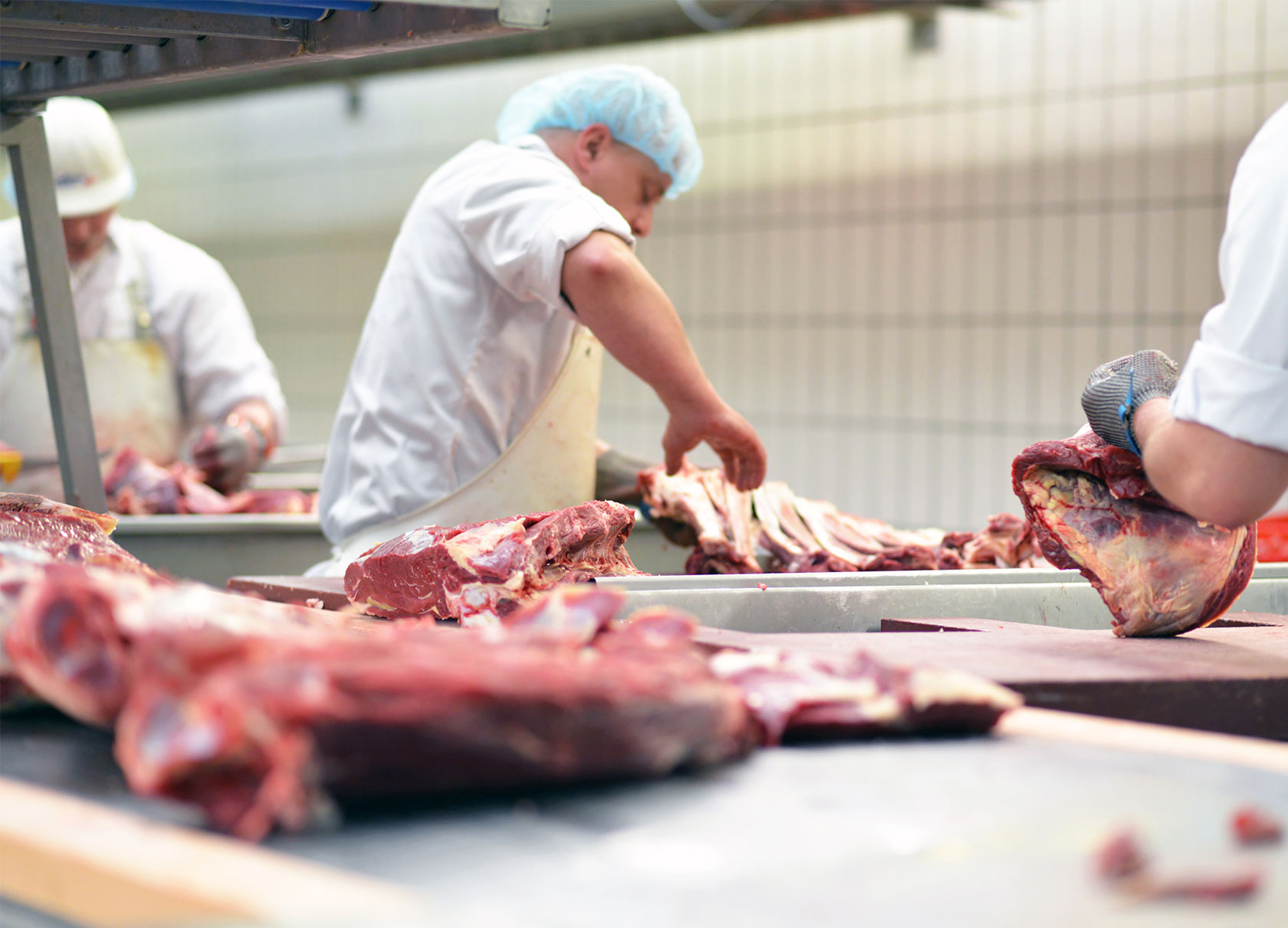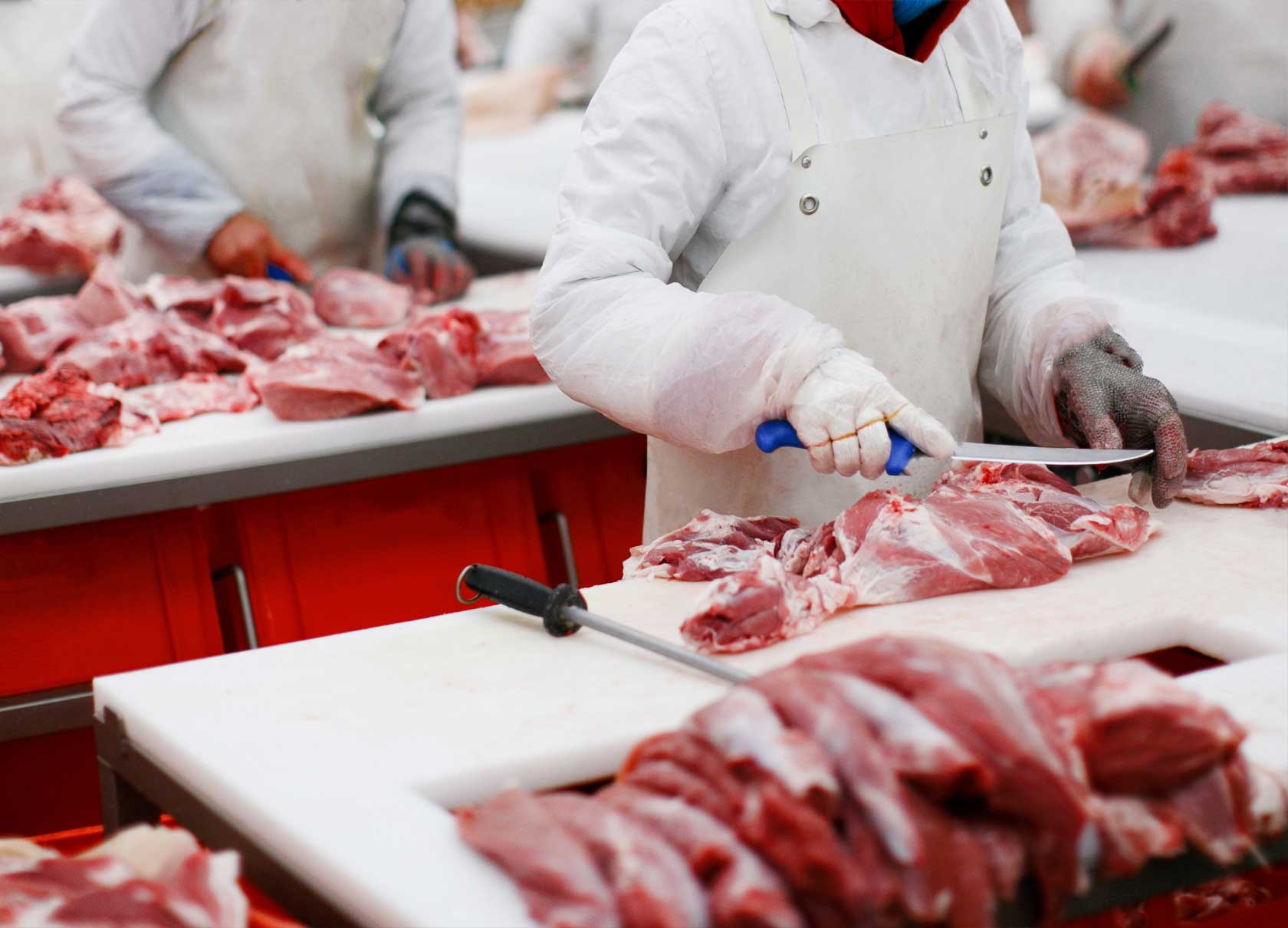Our work
Workforce
A vast eco system of people working to keep the major retailers stocked and the nation fed.
Articles
A melting pot of people, job types and skills
A smoothly running meat and livestock industry requires a steady supply of appropriately skilled workers who are willing to take on what are undoubtedly challenging and often physical roles.
I started in the industry as a labourer and now I run a processing plant employing over 500 very diverse people.
Paul Gaborne,
Plant manager, Dunbia





